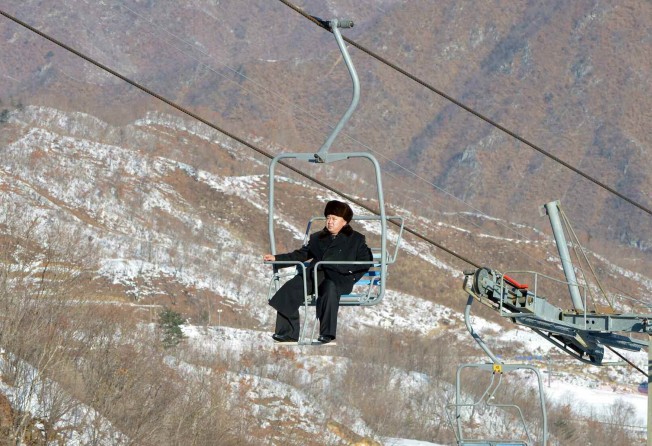Asia braced as Kim takes lonely road to absolute power
Daniel Wagner says purges have made N. Korean regime more fractured

When Kim Jong-un took the helm in North Korea in 2011, most observers considered him to be ill-prepared for the job by virtue of his youth and inexperience, and expected the country to continue on a path of bellicose and unpredictable behaviour.
That turned out to be the case initially, but since his knuckles were rapped by China as a result of his February 2013 nuclear test, sabre-rattling against South Korea and the threatened use of long-range missiles against the US, Kim has displayed forcefulness in leadership that has taken the region by surprise.
Having purged both of his designated caretakers - military chief Ri Yong-ho in July 2012 and Jang Song-thaek last month - Kim established his credentials as a strong man while demolishing the transitional power structure established by his father Kim Jong-il.
Over the past two years, a third of the military's generals in the north have been replaced by loyalist generals and party officials, who now hold key positions. That this has occurred in his first two years of power of course demonstrates a certain degree of paranoia, but also an impressive display of power reminiscent of leaders much older, more experienced and well established.
Kim Jong-un's power base has in the process been significantly reduced. Instead of roping in the regime's longest-serving and most loyal members under his leadership, he has alienated significant segments of older party functionaries and military generals. As a result, the regime has become more internally fractured than ever before, with rapidly shifting alliances.
He has removed many of the experienced China hands who promoted trade with Beijing, attracted Chinese investments into the country's special economic zones and managed relationships with key Chinese leaders. This has further strained relations with China, which may now have significantly reduced influence on Kim's future decision-making.
Economic and political relationships with China are likely to either stall or deteriorate in the process.
It is highly unlikely that North Korea will experience anything like a mass political uprising or coup. What seems more probable is an ongoing "cleansing" of elements Kim deems a future threat.
With no clear successor, the regime's narrower power base, and deep internal fracturing, North Korea could experience ongoing internal turmoil. Should this occur, South Korea is most likely to feel the greatest impact vis-à-vis heightened political and military tension, with China feeling the greatest impact in terms of enhanced refugee flows.
Given all that is going on inside the Hermit Kingdom, Kim is presumably not all that interested in stirring the pot externally - at least intentionally. He is more likely to be concentrating on getting his domestic house in order.
However, as the newly appointed military hawks may be eager to demonstrate their loyalty to Kim, the potential risks of engaging in acts of military provocation are higher now than at any time in recent history.
Having embarked on the road of purges, Kim now has no choice but to complete the task. We should expect more house-cleaning in the months to come - until such time as he feels the consolidation of his power is complete, and confident in the result. He may in fact feel more vulnerable than at any time since he assumed power. His recent olive branch to Seoul may be indicative of this.
As tensions heat up in northeast Asia over boundary disputes and the rise of Chinese military power, it is more likely than not that Kim will become even more isolated. That does not bode well for bilateral relations with Seoul or Beijing in the longer term.
Daniel Wagner is CEO of Country Risk Solutions, a cross-border risk advisory firm, and author of the book, Managing Country Risk